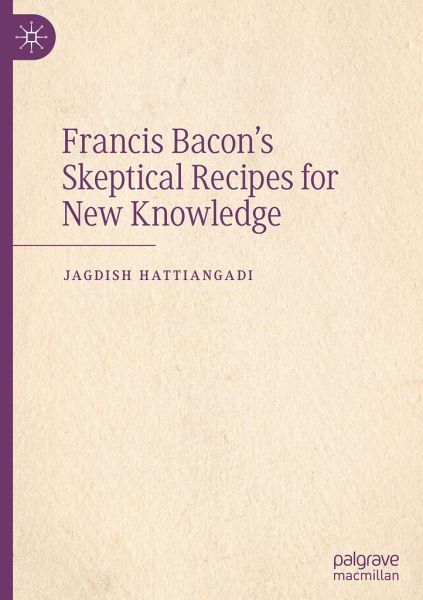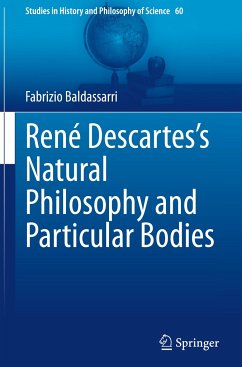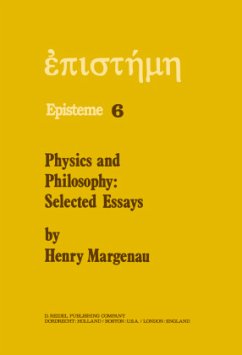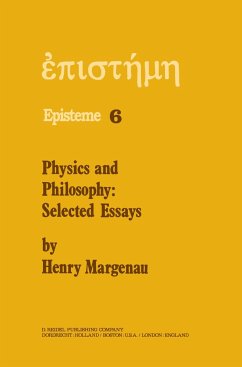
Francis Bacon's Skeptical Recipes for New Knowledge
Versandkostenfrei!
Versandfertig in 6-10 Tagen
98,99 €
inkl. MwSt.
Weitere Ausgaben:

PAYBACK Punkte
49 °P sammeln!
The book sets an ambitious goal. It devises a new account of scientific methodology that makes it possible to explain how scientists manage, at least occasionally, to find true models of reality. The new methods may be contrasted with all those currently available that employ "coherence theories" of knowledge. Under this designation are grouped positions that can seem very different (such as those of Poincaré, Duhem, Popper, Hempel, Quine, Kuhn, and Feyerabend) but are united by the idea that the most general statements of science are merely hypotheses. They may be conjectures, opinions, conv...
The book sets an ambitious goal. It devises a new account of scientific methodology that makes it possible to explain how scientists manage, at least occasionally, to find true models of reality. The new methods may be contrasted with all those currently available that employ "coherence theories" of knowledge. Under this designation are grouped positions that can seem very different (such as those of Poincaré, Duhem, Popper, Hempel, Quine, Kuhn, and Feyerabend) but are united by the idea that the most general statements of science are merely hypotheses. They may be conjectures, opinions, conventions, posits, paradigms, or even myths. The most we can claim to know from such generalities is that they are internally consistent and coherent with empirical data. Consistency is insufficient to establish the truth of a conceptual system because many different systems, perhaps an infinite number, can be logically consistent and cohere with recorded data. Such is the well-known problemof the empirical under-determination of theories. Francis Bacon's Skeptical Recipes for New Knowledge suggests a new methodology that solves this fundamental problem of knowledge.














